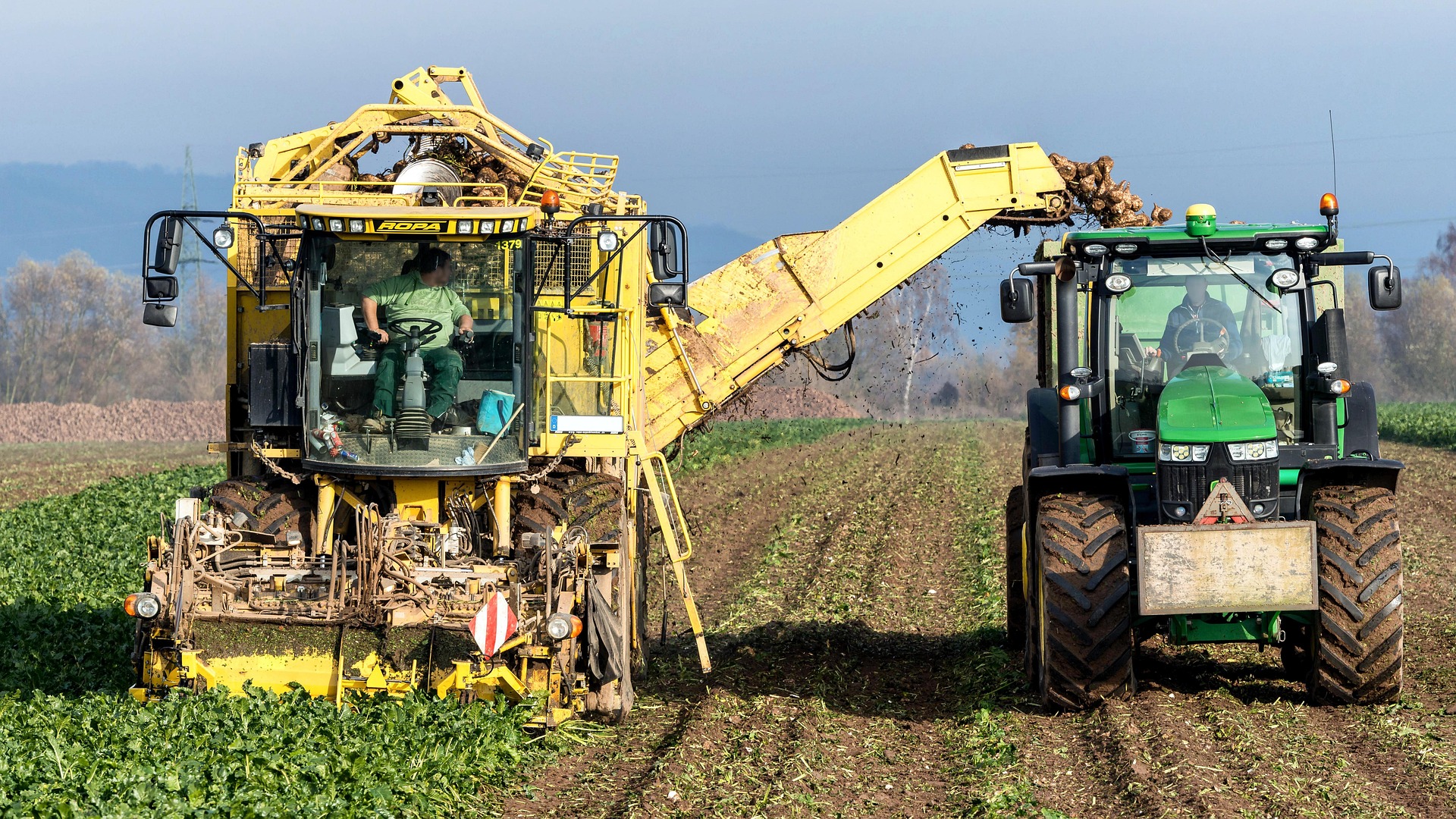Precision agriculture leverages technology to optimize farming, reducing costs and boosting yields. By using data-driven insights, farmers can enhance resource utilization, improve crop monitoring, and promote sustainability. This approach not only benefits the economy but also supports environmental conservation.


Precision agriculture represents a transformative approach in farming, leveraging technology to optimize field-level management regarding crop farming. By utilizing data analytics, GPS, and IoT devices, farmers can make informed decisions that significantly enhance productivity and sustainability.
One of the primary benefits of precision agriculture is its ability to reduce costs. By employing technologies such as soil sensors and satellite imagery, farmers can apply inputs like water, fertilizers, and pesticides more efficiently. This targeted application not only reduces waste but also lowers expenses significantly.
Precision farming allows for the precise application of resources, ensuring that crops receive the exact amount of nutrients and water they need. This optimization minimizes overuse and reduces the cost associated with excess resource application.
Automation and data-driven insights reduce the need for manual labor, allowing farmers to reallocate human resources to more strategic tasks. This shift not only cuts labor costs but also enhances operational efficiency.
Precision agriculture empowers farmers to boost yields by making data-driven decisions. By analyzing data collected from various sources, farmers can identify trends and patterns that inform better crop management practices.
With the help of drones and remote sensing technologies, farmers can monitor crop health in real-time. This capability enables early detection of issues such as pest infestations or nutrient deficiencies, allowing for timely interventions that prevent yield loss.
Precision agriculture tools provide insights into soil conditions, enabling farmers to implement practices that enhance soil health. Healthy soil is crucial for high yields, and precision techniques ensure that soil management is both effective and sustainable.
Beyond economic advantages, precision agriculture contributes to environmental sustainability. By reducing the overuse of fertilizers and pesticides, it minimizes environmental pollution and promotes biodiversity.
Precision irrigation systems ensure that water is used efficiently, reducing wastage and conserving this vital resource. This conservation is particularly important in regions facing water scarcity, where efficient water use is critical for sustainable agriculture.
By optimizing input use and enhancing operational efficiency, precision agriculture reduces the carbon footprint of farming activities. This reduction is a crucial step towards achieving more sustainable agricultural practices globally.